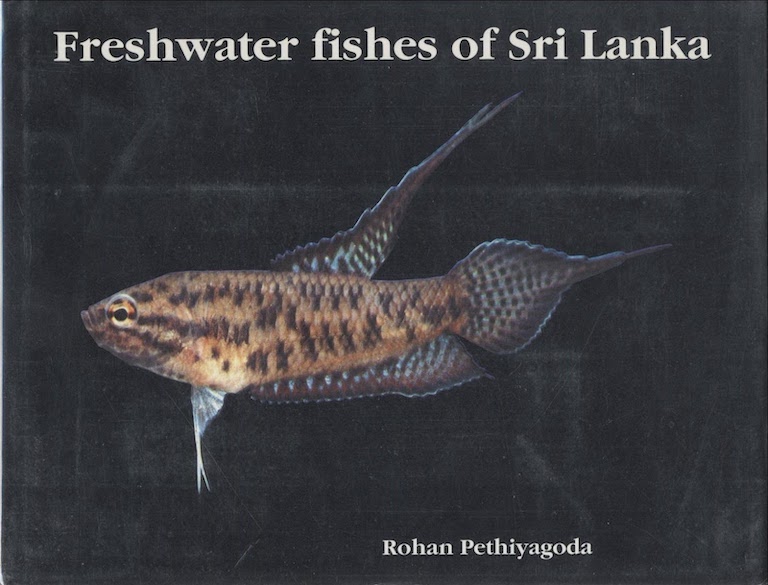Source: Mongabay – 24 May 2022
- Today the Linnean Medal was awarded at a London ceremony to the first Sri Lankan in its history: since 1888, the medal has been given annually to a botanist or a zoologist, or to one of each, in the same year.
- The list of winning scientists–from Alfred Wallace to Stephen Jay Gould–is long, yet the 2022 honoree in the zoology section is not a scientist in the formal sense, but rather a Sri Lankan author, educator and taxonomist, Rohan Pethiyagoda, who formerly served as deputy chair of the IUCN’s Species Survival Commission.
- “His impact on biodiversity research in Sri Lanka and beyond through his output and catalytic influence cannot be overestimated,” the award committee wrote, and the author of this commentary explains why this is so.
- This article is a commentary. The views expressed are those of the author, not necessarily Mongabay.
Looking at the roll call of Linnean Medal winners is to witness the history of natural history, taxonomy, and nature conservation since Darwin.
The medal is tangential to the orbit of the Nobel Prize – more international and human-centric with few famous naturalists (excluding those in the Peace Prize category) and those mostly from 1973, when there was a simultaneous hat-trick with Niko Tinbergen, Karl von Frisch and Konrad Lorenz. They won that Nobel, somewhat incongruously, for Medicine, and this was a recognition that understanding nature can contribute to human welfare, too. But in a way, the Linnean Medal may be seen as the Nobel Prize for naturalists.
The prize of the Linnean Medal is populated with biodiversity titans like Richard Owen (who coined “dinosaurs”), Alfred Wallace, Darwin’s defenders Joseph Hooker and Thomas Huxley, and from the continent Alphonse de Candolle, one of the fathers of botany. There are also characters who remain historically unforgettable to biologists: Albert Günther, Ernst Haeckel, Willi Hennig, Stephen Jay Gould, Ernst Mayr, Alfred Romer, William Stearn, G. Ledyard Stebbins, D’Arcy Thompson and many more that others would recognize – plus Derek Yalden, one of my beloved tutors.

The medal was never conceived as an international award but has reflected the reach of the fellowship of the Linnean Society, rooted in naming things, global exploration, evolution, earth history and taxonomy. More than any other similar award available elsewhere, notably from the U.S., it is distinguished by a historical pedigree and the names celebrated. Not just of medal holders, their travels, ideas and arguments, but also named plants, animals and the groupings assigned to them.
Association with the Linnean Society has never been a requirement to win the prize, but, as with all medals, nominations have arisen in connection with the society itself, thanks to the discoveries and influences provided by the prevailing naturalist community.
In 2022, the Zoological Medal of the Linnean Society has gone to Rohan Pethiyagoda from Sri Lanka, representing a first for the island, possibly being only the second prize-winner from Asia. In the past both Sri Lanka and Asia have come under the ambit of the Linnean Medal and biodiversity exploration. Alfred Russell Wallace was most associated with the Malay Archipelago, Joseph Hooker was strongly linked with the Himalayas and Ernst Haeckel spent time in Sri Lanka, among related geographical journeying.


